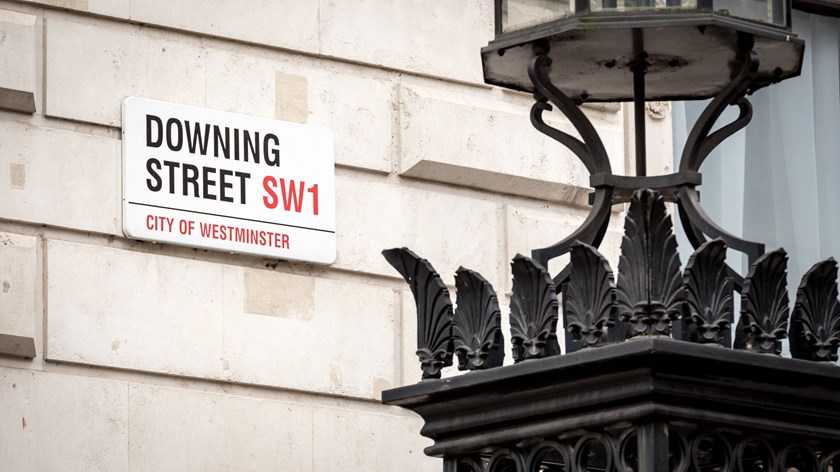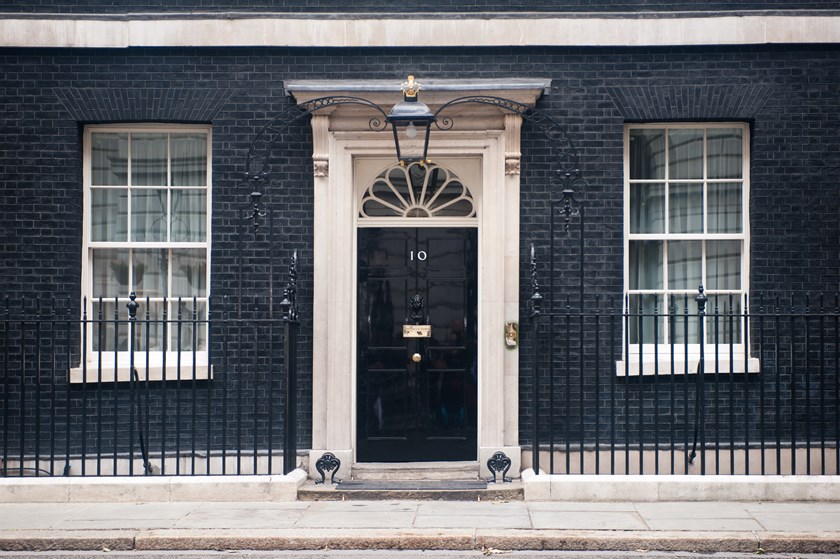Legislation update: VAT reverse charge in construction sector
Insight

Devising effective means of fighting VAT fraud in the UK construction industry has been a cause of sleepless nights for those at the Exchequer for many years – the process of organised criminal gangs creating false supply chains to enable them to commit “Missing Trader” fraud whilst operating in conjunction with actual construction services is estimated to cost the Treasury an average of £100m in tax revenue a year.
The introduction of the domestic reverse charge will be a significant change to the way VAT is collected for construction services, with HMRC hoping it will eradicate the scourge of fraudulent VAT practices across the industry. Whilst initially coming into effect on 1 October 2019, HMRC have now postponed implementation of the VAT reverse charge for building and construction services for 12 months, until 1 October 2020, in response to industry representations asking for more time to prepare. Given the reverse charge shifts the responsibility for paying the VAT due to HMRC from the supplier to the recipient of the construction services, such postponement is welcome news to many in the construction industry, but it is crucial for those affected by the change to make the most of this deferment and ensure (come 1 October 2020) business practices are fully compliant with the new rules.
Briefly, the reverse charge will affect supplies of building and construction services supplied at the standard or reduced VAT rates that fall within the scope of the Construction Industry Scheme (CIS). The reverse charge does not apply if the service is zero rated for VAT or if the customer is not registered for VAT in the UK, and certain services are not subject to the reverse charge (for example, the professional work of architects or surveyors, the manufacture of building and engineering components, and certain artistic work such as interior or exterior decoration and landscape consulting).
There are also a number of other important exceptions. In particular, supplies to end-users such as consumers are not within the scope of the reverse charge, and property developers will fall within this exception in cases where they do not make onward supplies of building or construction services (most property developers that receive construction services use those services to make a supply of an interest in the property, so are likely to fall within this exception).
Notwithstanding the recent postponement announced by HMRC, it is crucial that construction organisations within the ambit of the reverse charge begin to consider the practical and contractual implications the change will have to the running of their day-to-day businesses.
If you require further information about anything covered in this briefing note, please contact Jonathan Came or James Bromley, or your usual contact at the firm on +44 (0)20 3375 7000.
This publication is a general summary of the law. It should not replace legal advice tailored to your specific circumstances.
© Farrer & Co LLP, September 2019






